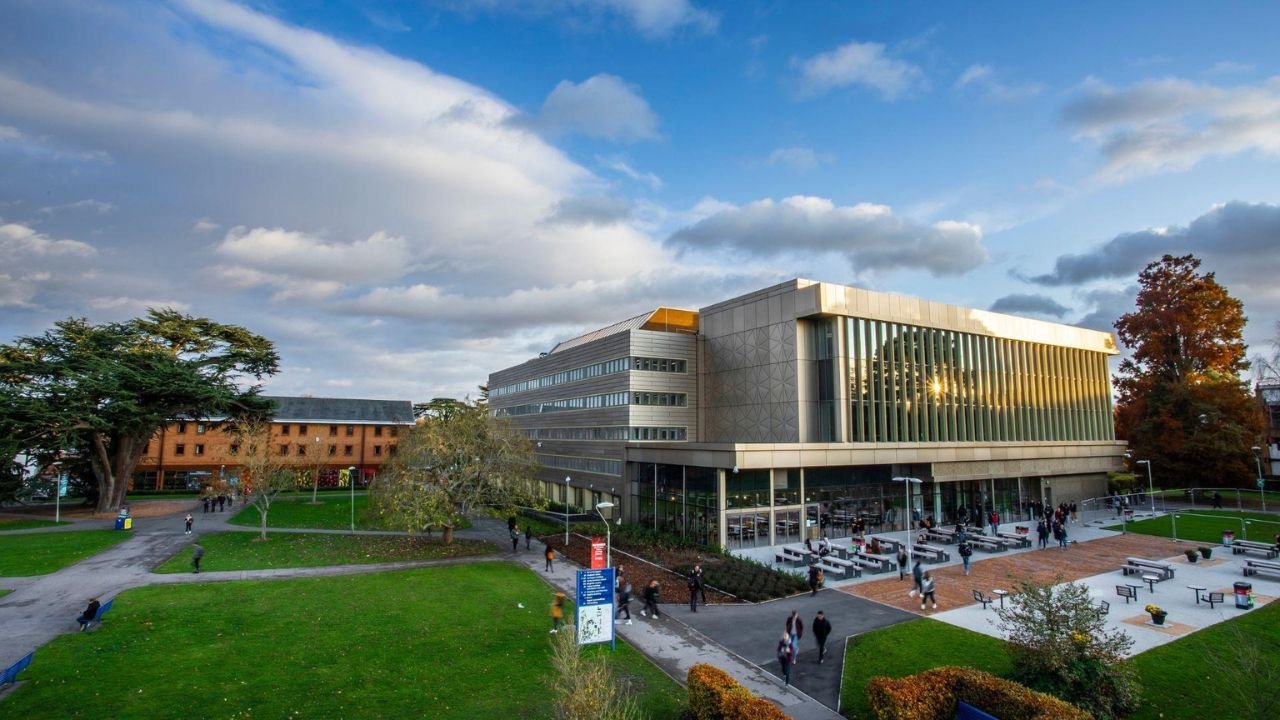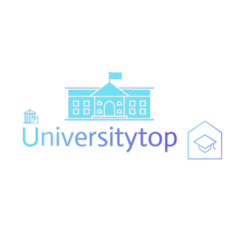The University of Reading: A Comprehensive Overview

Introduction
The University of Reading is a prestigious institution located in Reading, Berkshire, in the southeast of England. Renowned for its academic excellence, innovative research, and vibrant campus life, the university has established itself as a leading center for higher education and scholarly pursuits since its founding. With a history spanning over a century, a diverse student body, and a strong commitment to societal impact, the University of Reading continues to grow and adapt to the dynamic landscape of global education.
This essay provides a comprehensive exploration of the university, covering its history, academic programs, campus environment, research contributions, student experience, and future prospects.
Historical Background
Origins and Development
Founded in 1892 as the Reading School of Agriculture, the institution initially focused on agricultural studies and practical sciences. Its early emphasis was rooted in addressing the needs of the local economy and community, particularly in agriculture and related fields. Over time, the institution expanded its scope, eventually gaining university status in 1926, becoming the University of Reading.
Throughout the 20th century, the university experienced significant growth, both in terms of student population and academic offerings. The post-war period saw a surge in infrastructure development and diversification of disciplines, transforming Reading into a comprehensive university.
Evolution into a Modern University
In recent decades, the University of Reading has continued to evolve, emphasizing research excellence, internationalization, and industry engagement. Its strategic focus includes sustainability, digital innovation, and interdisciplinary collaboration, aligning with contemporary global priorities.
Academic Structure and Programs
Faculties and Departments
The University of Reading comprises several faculties, each housing a range of departments and research centers:
- Henley Business School: Known for its strong reputation in business, management, and finance, Henley offers undergraduate, postgraduate, and executive education programs.
- Faculty of Science, Engineering, and Computing: Offers courses in computer science, engineering, environmental sciences, and more, emphasizing applied research and innovation.
- Henley Business School: Noted for its leadership and management programs, with strong links to industry.
- School of Law: Provides undergraduate and postgraduate programs in law, with a focus on legal practice, ethics, and policy.
- School of Archaeology, Geography, and Environmental Science: Focuses on environmental management, archaeology, geography, and sustainability.
- School of Languages and Literature: Offers courses in modern languages, literature, and cultural studies.
- School of Psychology and Clinical Language Sciences: Provides cutting-edge research and training in psychology, speech, and language sciences.
- School of Education: Focuses on teacher training, educational policy, and lifelong learning.
- Department of History: Offers diverse history programs specializing in British, European, and global history.
Academic Excellence and Research
The university is known for its high research output, with many departments ranked highly nationally and internationally. Its research spans multiple disciplines, with particular strengths in environmental sciences, agriculture, food security, and digital innovation.
Undergraduate and Postgraduate Programs
The university offers a broad array of undergraduate degrees, typically spanning three years, with some integrated master’s programs. Postgraduate options include taught master’s degrees, research degrees (PhDs), and professional development courses.
Internationalization and Partnerships
Reading has established partnerships with universities worldwide, facilitating student exchanges, joint research, and collaborative projects. Its international student community is vibrant, enriching campus diversity.
Campus Environment and Facilities
Location and Infrastructure
The university’s main campus is situated in the historic town of Reading, a vibrant, culturally rich town with excellent transport links to London, Oxford, and other major UK cities. The campus features modern facilities, including state-of-the-art laboratories, libraries, sports centers, and student accommodation.
Libraries and Learning Resources
The University of Reading’s main library and several specialized libraries provide extensive resources, including digital collections, archives, and study spaces. The university emphasizes supporting student research and independent learning.
Sustainability and Green Initiatives
Reading has committed to sustainability, evident in its eco-friendly campus design, renewable energy use, and conservation projects. The university aims to be carbon-neutral and promote environmental responsibility among its community.
Student Accommodation
A variety of accommodation options are available, from university-managed halls to private rentals, catering to different preferences and budgets. The university promotes a safe, inclusive, and supportive living environment.
Research and Innovation
Research Excellence
The university’s research output is recognized for its quality and impact. It has received numerous accolades, including high rankings in national assessments like the Research Excellence Framework (REF). Key areas include climate change, food security, digital technology, and healthcare.
Research Centers and Initiatives
Notable research centers include the Walker Institute (climate and environmental change), the Institute of Education, and the Business School’s research units. Collaborations with government agencies, industry, and NGOs enhance the practical application of research findings.
Impact and Societal Contribution
The university’s research aims to address global challenges, influence policy, and improve societal well-being. It actively promotes knowledge transfer and community engagement.
Student Life and Campus Culture
Student Community
With over 17,000 students from more than 150 countries, the university boasts a diverse and inclusive community. Students are encouraged to participate in societies, sports, arts, and cultural events.
Sports and Recreation
The university has extensive sports facilities, including gyms, swimming pools, and courts. Over 100 sports clubs cater to a range of interests, promoting health and teamwork.
Societies and Clubs
Student societies encompass academic interests, cultural groups, hobbies, and activism. These organizations foster leadership, networking, and community spirit.
Support Services
The university provides comprehensive support, including academic tutoring, career counseling, mental health services, and disability support. It aims to ensure every student has a fulfilling and successful experience.
International Student Experience
Dedicated services assist international students with orientation, visa issues, language support, and cultural integration, ensuring a smooth transition to university life.
Employability and Industry Links
Career Services
The university’s Career and Employability Centre offers workshops, internships, placements, and mentoring programs to enhance graduate prospects.
Industry Partnerships
Strong collaborations with local and global industries facilitate work placements, joint research projects, and guest lectures, ensuring students gain real-world experience.
Alumni Network
The university’s extensive alumni network provides mentorship, networking opportunities, and career development support.
Future Directions and Challenges
Strategic Goals
The University of Reading aims to strengthen its research capacity, expand international collaborations, and enhance student employability. It is committed to sustainability, digital transformation, and social responsibility.
Challenges
Like many institutions, Reading faces challenges related to funding, adapting to technological changes, and maintaining its competitive edge in a globalized education market. The COVID-19 pandemic underscored the importance of resilience, flexibility, and innovation in higher education.
Opportunities
Emerging fields such as digital health, artificial intelligence, renewable energy, and climate science present opportunities for growth and leadership. The university’s focus on interdisciplinary research positions it well to tackle complex societal issues.
Conclusion
The University of Reading stands as a prominent institution dedicated to academic excellence, impactful research, and student development. Its rich history, diverse academic offerings, vibrant campus culture, and global outlook make it a compelling choice for students worldwide. As it navigates future challenges and opportunities, Reading remains committed to fostering an environment that encourages innovation, inclusivity, and societal contribution.
By continuously evolving and aligning with global needs, the University of Reading exemplifies the modern university—an institution that prepares its students not only for successful careers but also for meaningful engagement with the world.
